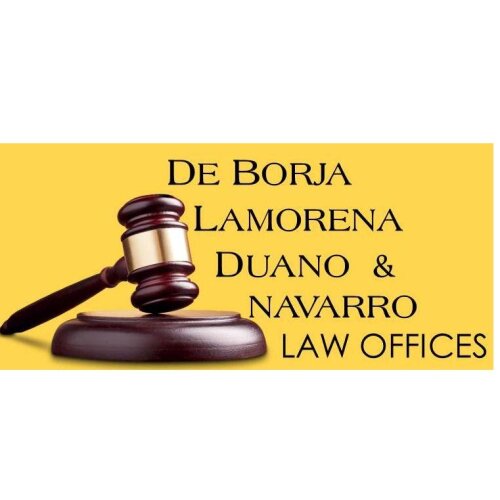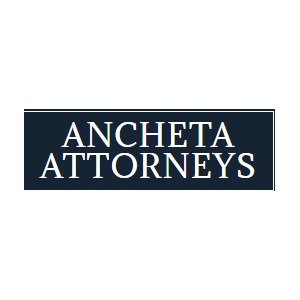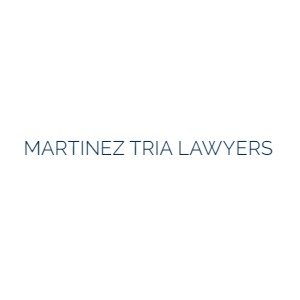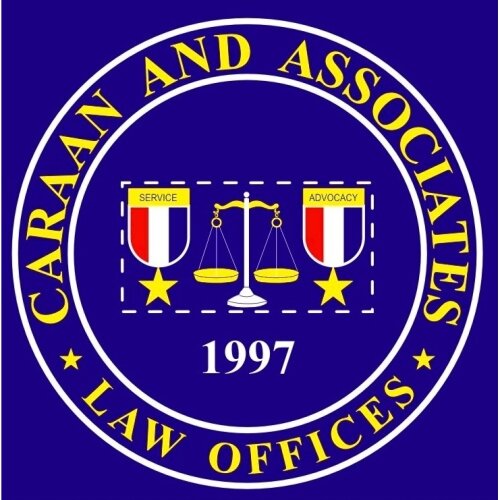Best FDA Law Lawyers in Manila
Share your needs with us, get contacted by law firms.
Free. Takes 2 min.
List of the best lawyers in Manila, Philippines
About FDA Law in Manila, Philippines
FDA Law in Manila, Philippines, refers to the legal framework and regulatory measures governed by the Food and Drug Administration (FDA) of the Philippines. The FDA operates under the Department of Health and is tasked with ensuring the safety, efficacy, and quality of food, drugs, cosmetics, devices, and household hazardous products distributed in the country. The FDA is responsible for issuing licenses and certificates, conducting inspections, enforcing compliance with regulations, and overseeing the registration and monitoring of health-related products.
Why You May Need a Lawyer
Seeking legal assistance related to FDA Law in Manila is important in situations where you need expert guidance on regulatory requirements, compliance, or dispute resolution. Common circumstances that may require a lawyer include:
- Registering pharmaceuticals, food products, or medical devices with the FDA
- Responding to FDA inspections, violation notices, or recall orders
- Appealing the denial or suspension of licenses, permits, or product registrations
- Understanding or contesting administrative penalties and enforcement actions
- Drafting and reviewing contracts with suppliers, distributors, or third parties for regulated products
- Navigating importation and exportation regulations for health products
- Addressing concerns related to product labeling, advertising, or product claims compliance
A lawyer specializing in FDA Law can help you avoid costly legal errors, ensure regulatory compliance, and represent your interests effectively before government agencies.
Local Laws Overview
Several key laws and regulations shape the practice of FDA Law in Manila:
- Republic Act No. 9711: Also known as the FDA Act of 2009, this law strengthens the powers and functions of the FDA, setting forth the requirements for product registrations, inspections, and enforcement measures.
- Republic Act No. 3720: The Food, Drugs, Devices, and Cosmetics Act, establishing the foundational framework for regulating health products in the Philippines.
- Various FDA Circulars and Administrative Orders: These detail procedural requirements for product registration, post-market surveillance, labeling standards, recall protocols, and adverse event reporting.
- Product Classification: The FDA classifies products into categories such as food, drugs, cosmetics, devices, and household hazardous substances, each with unique registration pathways and requirements.
- Licensing and Registration: Entities engaged in the manufacture, importation, exportation, distribution, and sale of regulated products are required to secure authorization from the FDA before commercial activity.
Failing to comply with these laws can result in administrative penalties, product seizures, license suspension, and even criminal liability for responsible officers.
Frequently Asked Questions
What products or activities require FDA approval in the Philippines?
Any manufacturing, importation, exportation, distribution, or sale of food, drugs, cosmetics, medical devices, and household hazardous products generally requires prior FDA approval or registration.
How do I register a health product with the FDA in Manila?
You must submit an application for product registration to the appropriate FDA Center, along with supporting technical documentation, product samples, labeling information, and payment of applicable fees. The process may involve various safety and efficacy evaluations.
How long does FDA product registration take?
Timeframes vary depending on the product type, completeness of the application, and specific FDA requirements. It can range from several weeks to several months, especially for drug and medical device registrations.
What are the penalties for non-compliance with FDA regulations?
Penalties can include administrative fines, suspension or cancellation of licenses and registrations, product recalls, or seizure of illegal products. More severe violations can lead to criminal charges against company officers.
Can I market or import health products before FDA approval?
No, selling or importing regulated health products without prior FDA clearance is prohibited and may lead to penalties, product seizure, and potential prosecution.
What documents are needed for FDA licensing of establishments?
Typical requirements include business permits, floor plans, organizational charts, quality control protocols, and proof of compliance with good manufacturing, distribution, or storage practices, depending on your business activity.
How often does the FDA inspect regulated establishments?
The FDA conducts regular and unannounced inspections to verify compliance. The frequency depends on risk assessment, product type, and prior compliance history.
What legal remedies are available if my application is denied or my license is suspended?
You may file a motion for reconsideration or appeal the decision before the appropriate regulatory or judicial body, usually with legal representation to ensure proper procedure.
Do imported health products need local FDA registration?
Yes, all imported regulated health products must be registered with the Philippine FDA, and imported only by licensed entities.
Who enforces FDA Law in Manila, and how can complaints be filed?
The Philippine FDA enforces FDA Law and accepts complaints or reports through its official offices, website, or hotlines. Legal counsel can also assist in preparing and filing formal complaints or position letters.
Additional Resources
Here are some resources and organizations that can provide information or assistance on FDA Law in Manila:
- Food and Drug Administration Philippines: The primary government agency regulating food, drugs, devices, and cosmetics.
- Department of Health: Oversees various health programs and regulatory frameworks, including the FDA.
- Philippine Association of Food Technologists: Provides guidance for food safety and regulatory compliance.
- Integrated Bar of the Philippines: Assists in finding a qualified lawyer specializing in FDA or health regulatory law.
- Business or Industry Associations: Many sector-specific trade groups offer regulatory compliance seminars and collective advocacy for member companies.
Next Steps
If you require legal advice or representation regarding FDA Law in Manila, consider the following steps:
- Identify your specific legal needs related to FDA Law, such as registration, compliance checks, or appeals.
- Gather all relevant documents including business permits, product information, and correspondence with the FDA.
- Consult a lawyer specializing in FDA Law for an initial assessment. The Integrated Bar of the Philippines or local law offices can assist in finding appropriate legal counsel.
- Prepare any questions or concerns in advance to maximize the effectiveness of your consultation.
- Follow your lawyer’s advice on compliance measures, documentation, and legal remedies to ensure your business stays within the bounds of the law.
Early legal intervention often prevents bigger problems and ensures smoother dealings with health regulatory authorities like the Philippine FDA.
Lawzana helps you find the best lawyers and law firms in Manila through a curated and pre-screened list of qualified legal professionals. Our platform offers rankings and detailed profiles of attorneys and law firms, allowing you to compare based on practice areas, including FDA Law, experience, and client feedback.
Each profile includes a description of the firm's areas of practice, client reviews, team members and partners, year of establishment, spoken languages, office locations, contact information, social media presence, and any published articles or resources. Most firms on our platform speak English and are experienced in both local and international legal matters.
Get a quote from top-rated law firms in Manila, Philippines — quickly, securely, and without unnecessary hassle.
Disclaimer:
The information provided on this page is for general informational purposes only and does not constitute legal advice. While we strive to ensure the accuracy and relevance of the content, legal information may change over time, and interpretations of the law can vary. You should always consult with a qualified legal professional for advice specific to your situation.
We disclaim all liability for actions taken or not taken based on the content of this page. If you believe any information is incorrect or outdated, please contact us, and we will review and update it where appropriate.

















